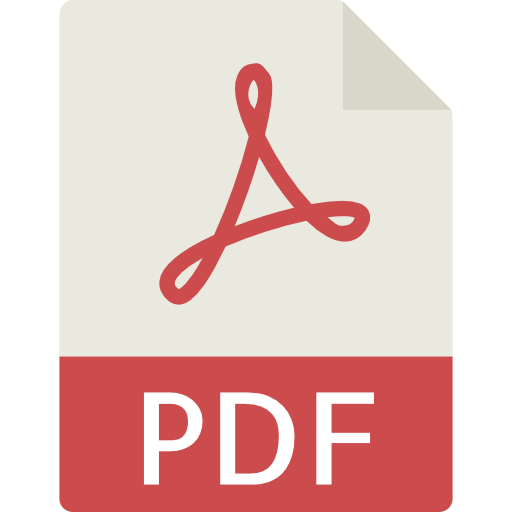This report inventories and analyses the range of international laws that protect the environment during armed conflict. With a view to identifying the current gaps and weaknesses in this system, the authors examine the relevant provisions within four bodies of international law international humanitarian law (IHL), international criminal law (ICL), international environmental law (IEL), and international human rights law (HRL). The report concludes with twelve concrete recommendations on ways to strengthen this legal framework and its enforcement.
The launch of this report coincides with the International Day for Preventing the Exploitation of the Environment in War and Armed Conflict, which is observed annually on 6 November (see http://www.un.org/en/events/environmentconflictday/). This day aims to raise awareness of the fact that damage to the environment during armed conflict impairs ecosystems and natural resources long after the period of the conflict, and extends beyond the limits of national territories and the present generation. Because the environment and natural resources are crucial for building and consolidating peace, it is urgent that their protection in times of armed conflict be strengthened. There can be no durable peace if the natural resources that sustain livelihoods are damaged or destroyed. This report provides a basis upon which Member States can draw upon to clarify, expand and enforce international law on environmental protection in times of war.
A joint product of UNEP and the Environmental Law Institute, this report was co-authored by Elizabeth Maruma Mrema of UNEPs Division of Environmental Law and Conventions, together with Carl Bruch and Jordan Diamond of the Environmental Law Institute.
It is also based on the outcomes of an expert meeting of 20 leading international legal specialists held by UNEP and the International Committee of the Red Cross in March 2009 in Nairobi, Kenya (see Annex 5). The report was produced and coordinated by the Post-Conflict and Disaster Management Branch (PCDMB) of UNEPs Disasters and Conflicts Programme, and co-financed by the Government of Finland.


Add a Comment